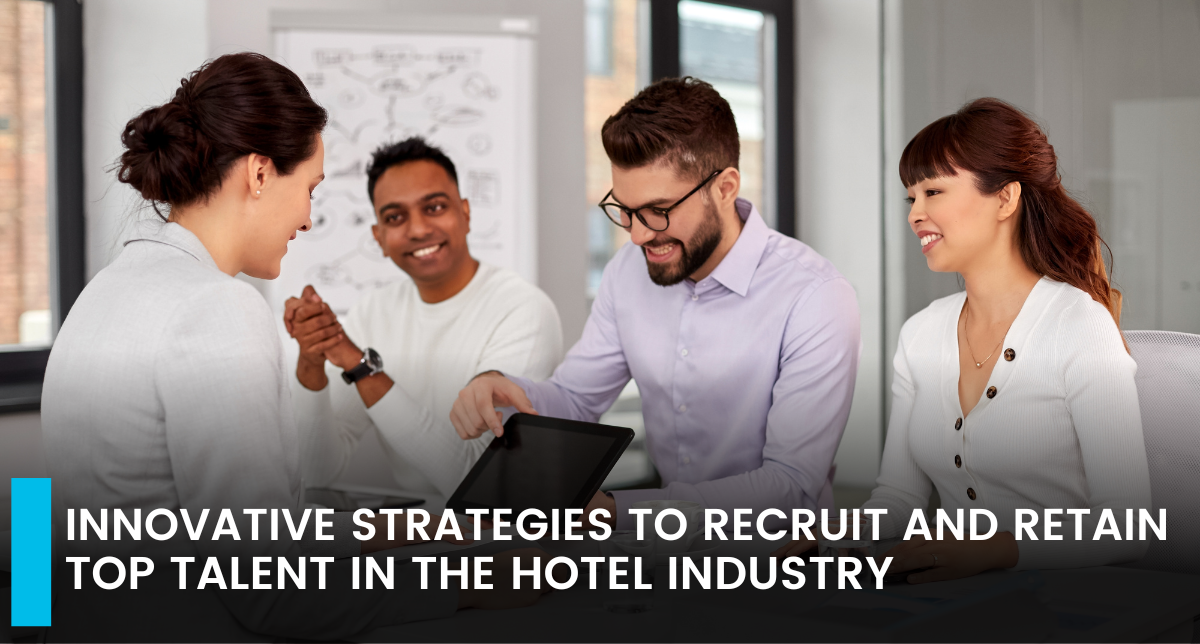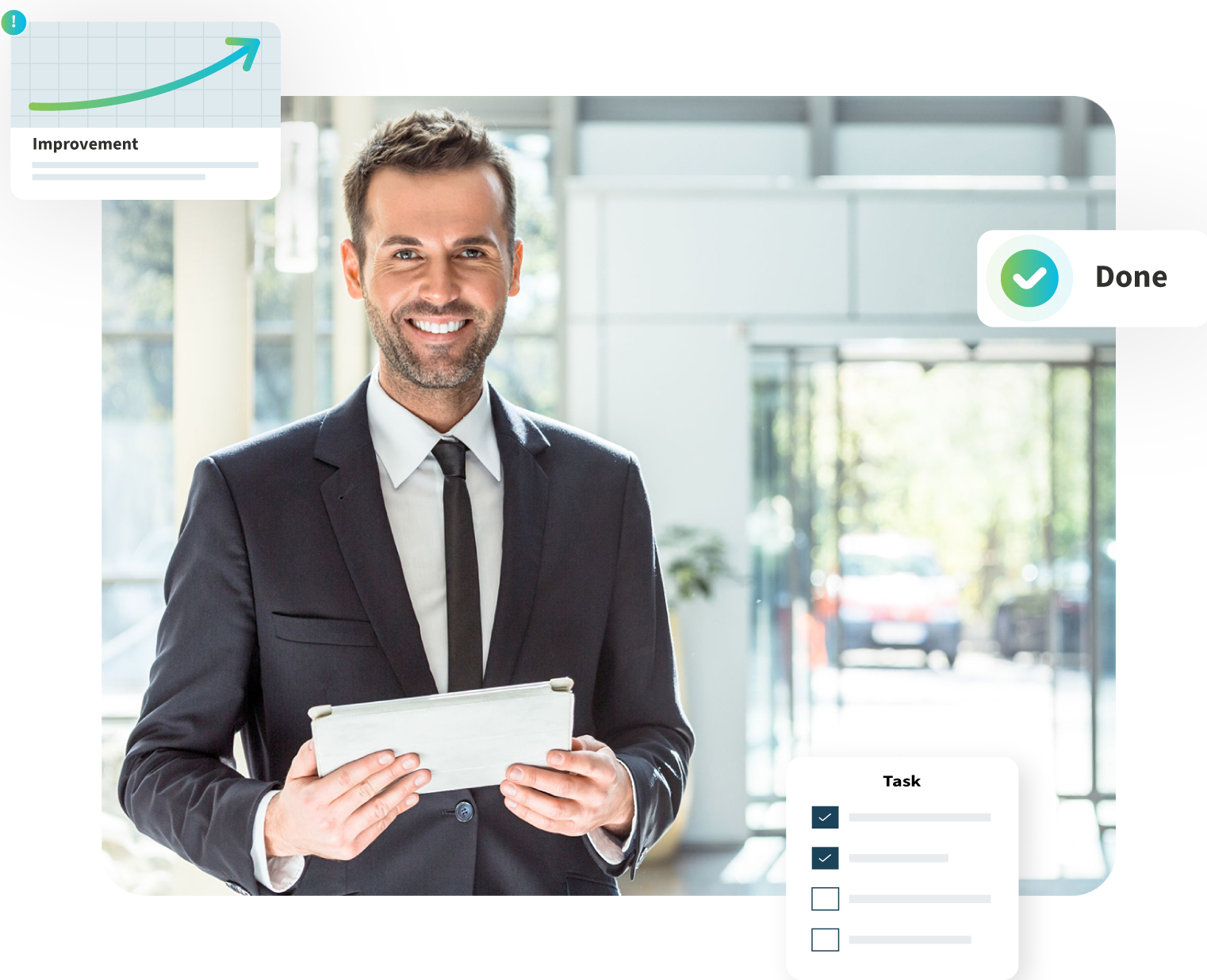The hotel industry, like many others, faces significant challenges in recruiting and retaining top talent. A scarcity of skilled staff, eroding employee loyalty, and rising labor costs have made it essential for hotels to adopt innovative strategies to stand out as a magnet for potential employees. In this article, we will explore invaluable insights into building a team that stands the test of time, from irresistible incentives to fostering a workplace culture that fuels employee engagement and loyalty. Additionally, we will delve into how technology, such as automated scheduling and mobile workforce management apps, can significantly enhance the working environment for employees, reducing stress and improving communication.
The Challenge of Talent Acquisition and Retention
In today's competitive job market, attracting and retaining skilled employees has become increasingly challenging for the hotel industry. Younger generations entering the workforce often prioritize factors such as work-life balance, growth opportunities, and a positive work environment. To remain competitive, hotels must adopt a proactive and innovative approach to recruitment and employee retention.
Emphasizing Irresistible Incentives
- Flexible Scheduling: One of the most sought-after benefits for employees is flexible scheduling. Implementing flexible work hours or offering options for remote work can greatly appeal to potential candidates and increase employee satisfaction. This approach acknowledges the diverse needs of employees and enables them to maintain a better work-life balance.
- Competitive Compensation and Benefits: Offering competitive wages and a comprehensive benefits package is crucial for attracting and retaining top talent. Hotels must conduct regular market research to ensure their compensation packages align with industry standards and the cost of living in their location.
- Employee Recognition Programs: Recognizing and rewarding employee achievements and contributions can significantly boost morale and foster loyalty. Employee recognition programs can take various forms, from simple shout-outs during team meetings to monetary rewards or career advancement opportunities.
- Professional Development and Growth Opportunities: Investing in the professional development of employees sends a strong message that the hotel values their growth and future within the organization. Providing training and opportunities for advancement can help retain motivated individuals who seek career progression.
Fostering a Positive Workplace Culture
- Employee Engagement Initiatives: Engaged employees are more likely to be productive and committed to their roles. Implementing employee engagement initiatives, such as team-building activities, regular feedback sessions, and open communication channels, can create a positive and collaborative work environment.
- Focus on Work-Life Balance: Supporting work-life balance not only aids in attracting talent but also helps reduce burnout and turnover. Encouraging employees to take breaks, offering paid time off, and providing resources for stress management can contribute to a healthier and happier workforce.
- Inclusive and Diverse Workforce: Creating an inclusive workplace that celebrates diversity fosters a sense of belonging among employees. Embracing diversity not only enriches the company culture but also allows for a wider range of perspectives and ideas, leading to more innovative solutions.
The Role of Technology in Enhancing the Employee Experience
In addition to implementing attractive incentives and fostering a positive workplace culture, technology plays a crucial role in improving the working environment for hotel employees. Automated scheduling, mobile workforce management apps, and operations management systems can streamline processes, reduce stress, and enhance communication.
- Automated Scheduling Based on Demand Fluctuations: Automated scheduling tools can analyze historical data and real-time demand fluctuations to create optimized staff schedules. By ensuring adequate staffing levels during peak periods and adjusting schedules during slower times, hotels can avoid being understaffed, thus reducing employee stress and workload.
Example: A hotel in a tourist destination uses automated scheduling software that factors in historical occupancy rates and expected events to generate staff schedules. During busy seasons, the hotel maintains a sufficient number of employees on duty, preventing burnout and enhancing guest service.
- Mobile Workforce Management Apps: Mobile apps enable employees to access their schedules, communicate their availability, and even swap shifts with colleagues seamlessly. This level of flexibility and transparency empowers employees and reduces communication barriers.
Example: A hotel implements a mobile workforce management app that allows employees to view their schedules, request time off, and communicate a personalized – and automated - to-do list for each member team directly through the app. This streamlined communication improves coordination and ensures that everyone is on the same page.
- Operations Management Systems for Real-Time Adjustments: Sophisticated operations management systems help streamline operations within the hotel. Tasks and workflows can be automatically distributed among staff, and adjustments can be made in real-time as the day unfolds.
Example: In a large hotel, an operations management system helps organize housekeeping tasks and room turnovers efficiently. As guests check out and new reservations come in, the system automatically distributes tasks to available housekeeping staff, ensuring a smooth and timely process.
Conclusion
Recruiting and retaining top talent is a pressing challenge in the hotel industry. By shifting their mindset and adopting innovative strategies, hotels can differentiate themselves as employers of choice. From offering irresistible incentives such as flexible scheduling to fostering a positive workplace culture that prioritizes employee engagement and growth, every aspect plays a crucial role in attracting and retaining top talent.
Moreover, technology has emerged as a powerful ally in enhancing the employee experience. Automated scheduling based on demand fluctuations ensures that hotels are adequately staffed, reducing employee stress and improving guest service. Mobile workforce management apps enable seamless communication and empower employees with greater control over their schedules. Meanwhile, operations management systems facilitate real-time adjustments and streamline communication within the hotel.
By combining these innovative strategies with the integration of technology, hotels can build a highly motivated and loyal team that stands the test of time, driving success and excellence in the ever-evolving hospitality landscape.






